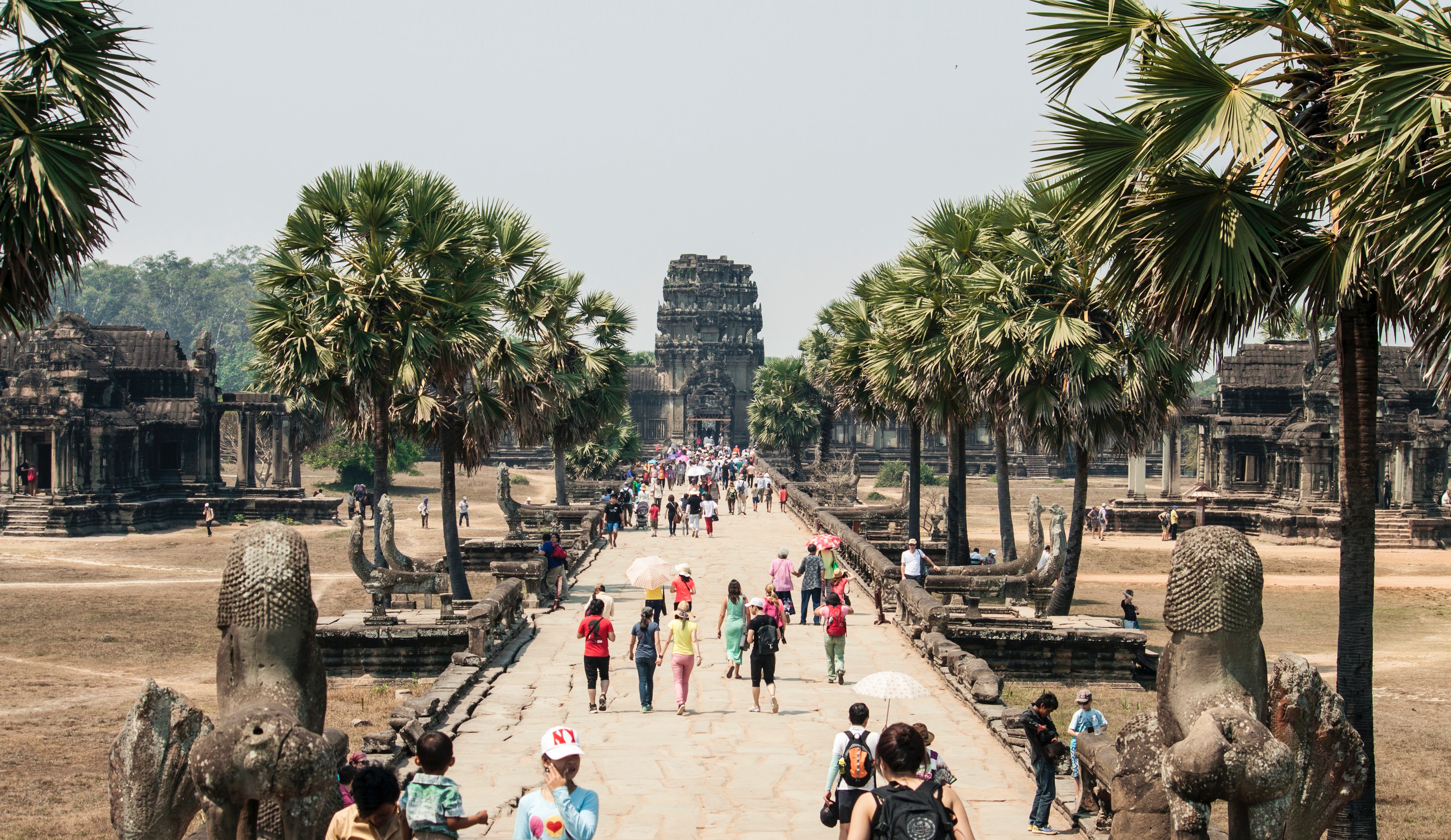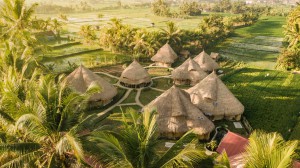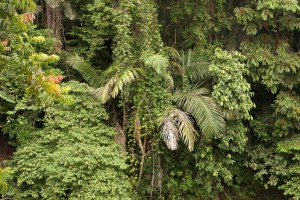For some countries or cities, tourism takes a large sum of income for their region. Sometimes, tourism is also used to bring in revenue for regions that are not exactly “profitable” (i.e. infertile lands, underdeveloped, non-industrious). Put exposure and imagery of a cultural local community, create pathways and access to scenic hideaways.
However, tourism also has a downside and the most prominent is environmental effects. Take a look at Bali’s trashed beaches and how the island’s plastic pollution is obvious enough for the local government to force a law banning single-use plastics.
Ecotourism itself is a complex and ever-growing concept. One definition that could give you an overview is from the International Ecotourism Society:
“Responsible travel to natural areas that conserves the environment, sustains the well-being of the local people, and involves interpretation and education (staff and guests).”
The need of ecotourism began to rise as the causes are contributing to more and more environmental damage. As land, air and sea transportation are becoming commercial, the number of people traveling everyday can reach billions and every transport leave carbon footprints (remember why eating locally produced ingredients are more environmentally friendly than fancy imported products? It’s the same concept). But the most damaging actions are taken while the tourists arrived at their destinations.
Tourists needs additional infrastructures such as hotel, public sanitation facilities, transportation, food. Providing such infrastructure means more land, water and other resources are required. They also generate waste from single-use food packagings (‘cause you’re always on the go!) to water and food waste. Often times, the local community are not able to provide the facilities and manage the waste sustainably. The locals will only take and offer whatever resources they have in exchange for monetary revenue, which is the whole point of opening up a site for tourism, really. But then, not all the revenue will help the local communities. Many poor countries with breathtaking nature sceneries are known for corrupt government and greedy giant businessmen.
In behavioural terms (yes, ecotourism is also about the local society because humans are part of the environment), tourists are sometimes behaving like… well, tourists. No manners, no respect for the local culture and traditions which might seem odd or strange compared to their origin countries.
Besides local nuisance, tourism can also endangers the wildlife. Safari trips can annoy wild creatures as tourists are photographing them with flash or feed them random toxic foods or teach them bad habits. This will create an imbalance in the wildlife’s cycle.
On the bright side, the tourism industry is becoming more concerned with the importance of ecotourism that it has been growing 10-15% annually worldwide. Unfortunately, the number also counts “green trap” tourisms where people mistake any form of travel that includes the nature as ecotourism. Just because the trip involves activities in nature, doesn’t mean it’s eco-friendly. Though, ‘green’ and ‘eco-friendly’ is a great buzz word to boost tourism services.
How can we know whether our travels are eco or not? Simply, think about the impact of your trip and everything you do during the trip. Does this jungle tour actually help the local communities? If the money I pay goes to the conservation of forest and wildlife, how much is going there? 70 percent? 10 percent? Does my walk helps to sustain the land or make it more prone to erosion? Am I too loud for the local neighbors to have a good night sleep? Do these elephants actually like my seaweed potato chips?





















